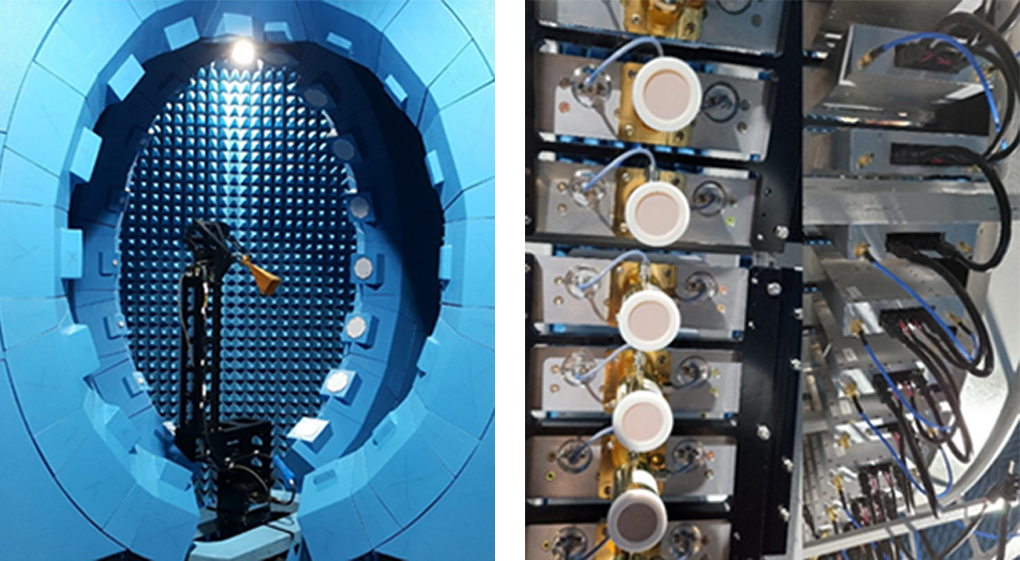Research
Research Centers
- HOME
- Research
- Research Centers
- Information & Communication Convergence Research Center
- Advanced Photonics Research Center
- Photonic Information Processing Research Center
- Amano Advanced LED Research Center
- Intelligence Sensors Research Center
- Blockchain Internet Economy Research Center
- Blockchain Intelligence Convergence Center
- NanoInfra Compound Semiconductor Center
- Radio Research Center for Next-Generation
Mobile Radio Characterization(Next-Gen RRC)
Information & Communication Convergence Research Center
The I&C Center supports research based on the integration of information and communication technology (ICT)
into wide areas such as defense, agriculture, and fisheries, aiming at the advancement of domain-specific technologies and the expansion of new industries.
In particular, it conducts research for the exploration of large-scale projects based on interdisciplinary ICT and for global collaborations.
Through these efforts, it contributes to enhancing the future competitiveness of national defense, rural communities, and the fisheries industry.
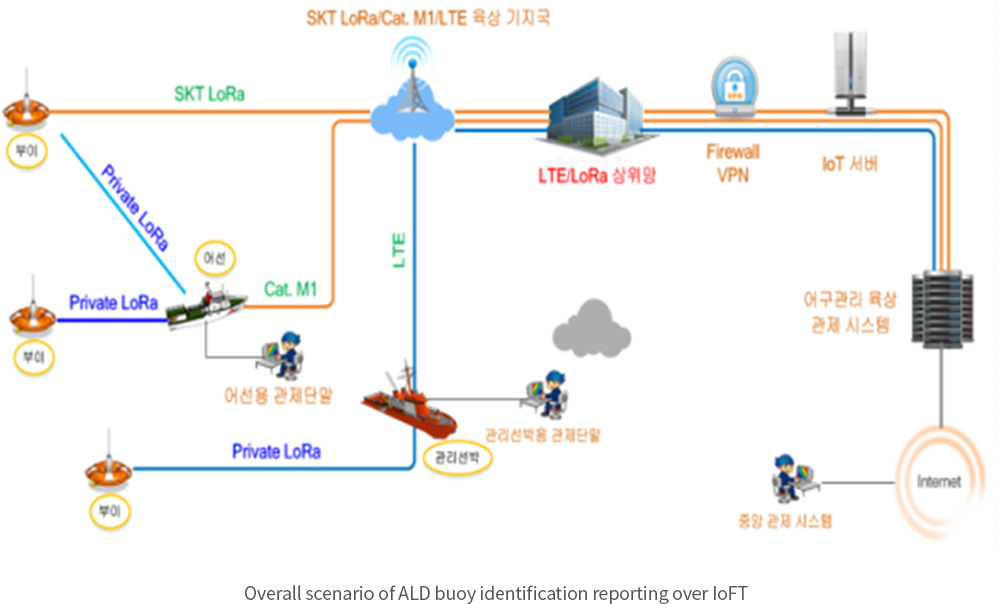
Advanced Photonics Research Center
At our advanced photonics research center, we conduct research on various optical functional components such as LEDs, solar cells, and image sensors, as well as photonic/meta-optical structures. Our work primarily involves fabricating structures and components using semiconductor processes and conducting characterization studies. Recently, we have been developing in-sensor computing systems, including photonic neuromorphic components.
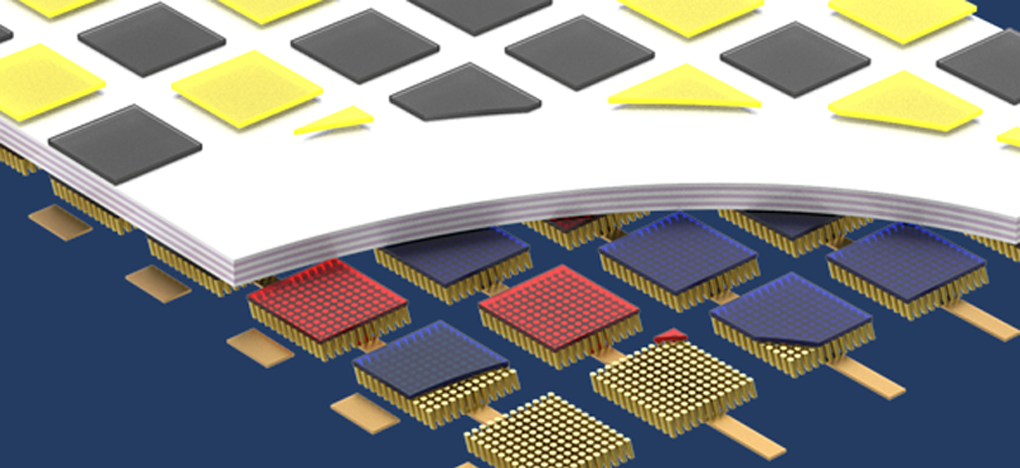
Photonic Information Processing Research Center
The main research direction in PIP is on fundamental understanding of light-to-light and light-to-matter interactions, as well as its potential applications to the future quantum technologies. The key phenomenon of light-to-light interactions is in the Young's double slit experiments based on quantum superposition, where the light interacts with only itself. Based on this general understanding, the phenomenon of nonclassicality has been researched for various types of light such as single photons, entangled photons, squeezed light, coherent light, and even thermal light. The light-to-matter interactions in a resonant or nonresonant scheme are to understand a collective coherence feature in a bulk medium and to apply it to nonlinear quantum optics via quantum coherence control of a refractive index. As a result, slow/stop light, resonance Raman, and four-wave-mixing-based squeezed light have already been old research topics, while rephasing-based quantum memories, quantum repeaters and quantum sensors have drawn recent attentions. In a summary, based on clear understanding of fundamental physics of light, light-to-light and light-to-matter interactions via quantum coherence control may open the door to the implementation of quantum information science such as quantum computing, communications, cryptography, and sensors.
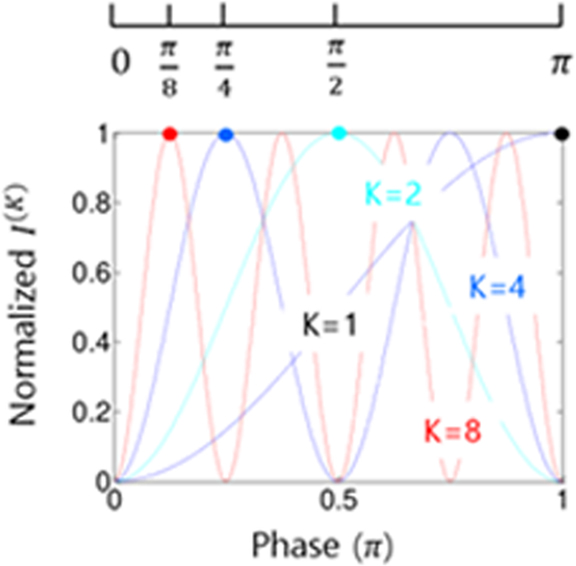
Amano Advanced LED Research Center
The Amano Advanced LED Research Center was established with the aim of creating a high-quality research environment through international joint research with Nobel laureates. The center strives to build a global network, strengthen its research capabilities, and enhance its research influence by holding periodic international symposiums. In particular, the center is conducting joint research on nitride semiconductors in collaboration with leading research groups.
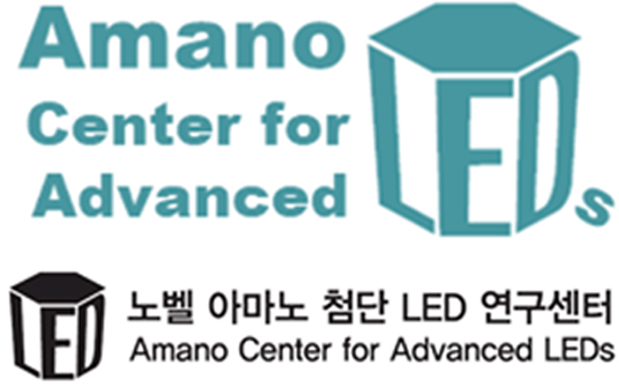
Intelligence Sensors Research Center
We develop intelligent sensor systems based on Mathematics and Machine Learning technologies in the field of information signal processing such as Compressed Sensing, Adaptive Learning, Reinforcement Learning, and Deep Learning. By applying our system to various sensors such as LiDAR, RADER, camera, distance meter, and spectrometer, we reinforce their unique functions, increase adaptability to various environments, and continuously improve sensing ability by themselves.
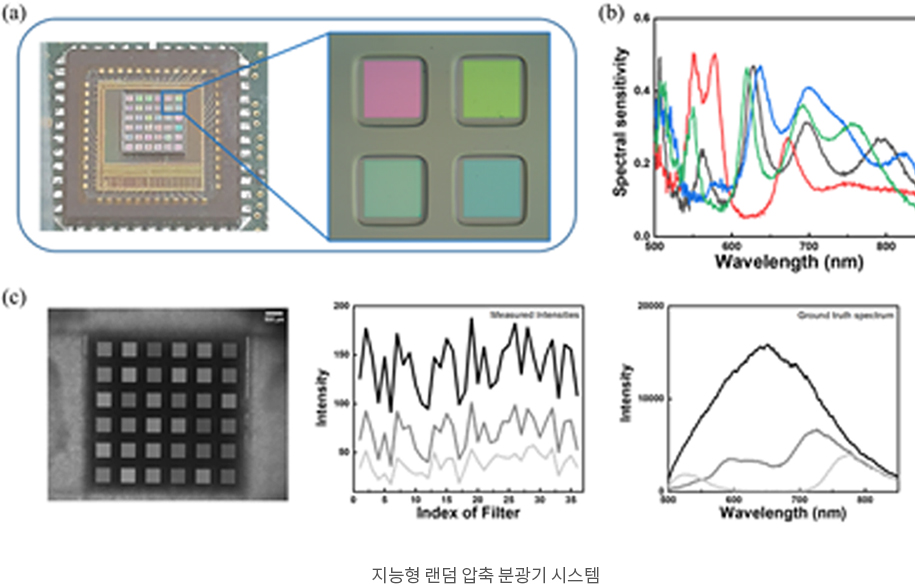
Blockchain Internet Economy Research Center
We are conducting research on blockchain-based technology and blockchain problem analysis and solutions, as well as developing new public service application systems such as copyright (software, patent) management based on blockchain, cryptographic security technology performance verification methods, transaction speed-up technology, blockchain scalability, and coin issuance scaffold design.
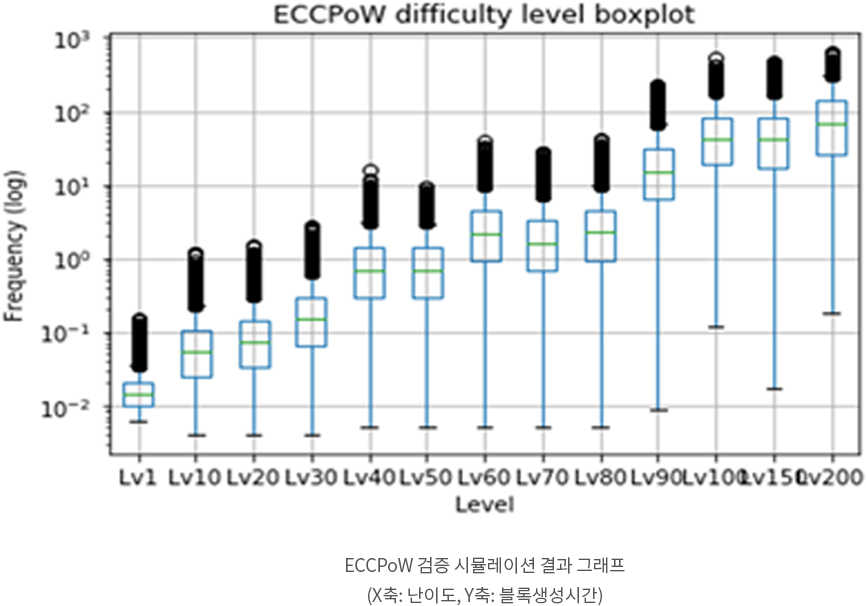
Blockchain Intelligence Research Center HomePage
The Blockchain Intelligence Convergence Center is dedicated to developing blockchain-based technology, fostering international and multicultural talent, and advancing intelligent resource management. It is also focused on the convergence of blockchain sensing, cryptographic authentication, and cloud service technologies, aiming to improve speed and flexibility.
As a key area of research:
Development of blockchain sensing decentralized high-performance distributed ledger technology
Edge Computing-Based Blockchain Service Infrastructure Technology
Development of IoT authentication and security technology based on DID blockchain
Expected Outcomes: Establish a foundation for comprehensive convergence research by domestic experts in key ICT source technologies, global market-leading technology, blockchain, and IoT. Foster top-tier human resources and address employment imbalances through educational programs that prepare for increasing market demand driven by blockchain technology. Promote a conflict-free society based on data and technology and strengthen social trust via blockchain. Encourage tech start-ups using university-owned R&D technologies. Foster entrepreneurship and create jobs by developing a start-up ecosystem for young people. Secure new growth drivers by building an ICT-based technology start-up ecosystem in Gwangju.
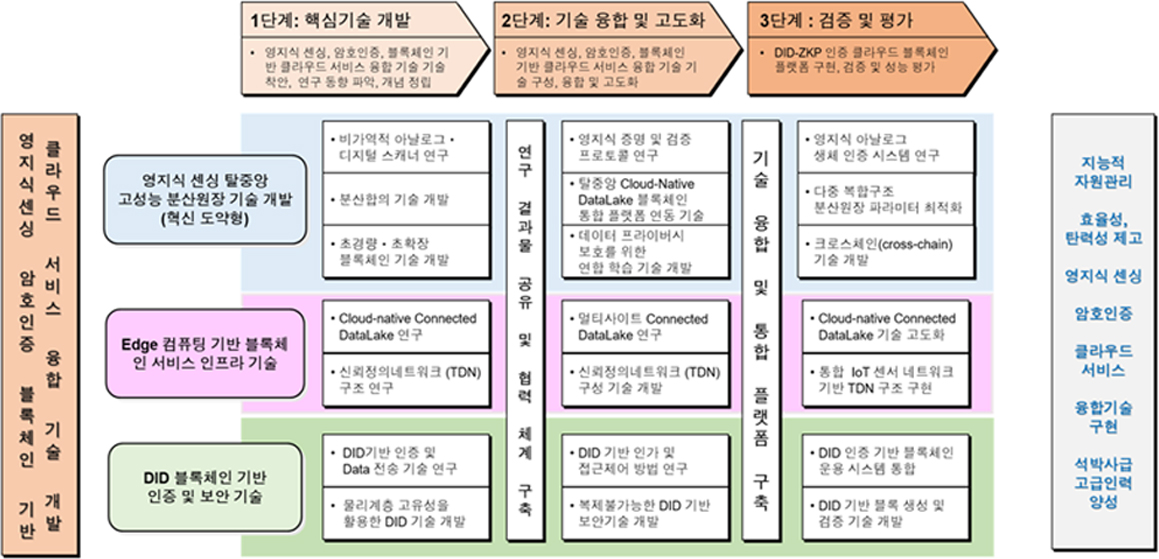
NanoInfra Compound Semiconductor Center
The GIST Nanoinfra for Compound Semiconductor (G-NICS) center provides the latest market-leading technologies, advice, and advanced nano infrastructure essential to the industry. We provide open user training and equipment utilization services, support research in compound semiconductors, and aim to cultivate professional human resources.
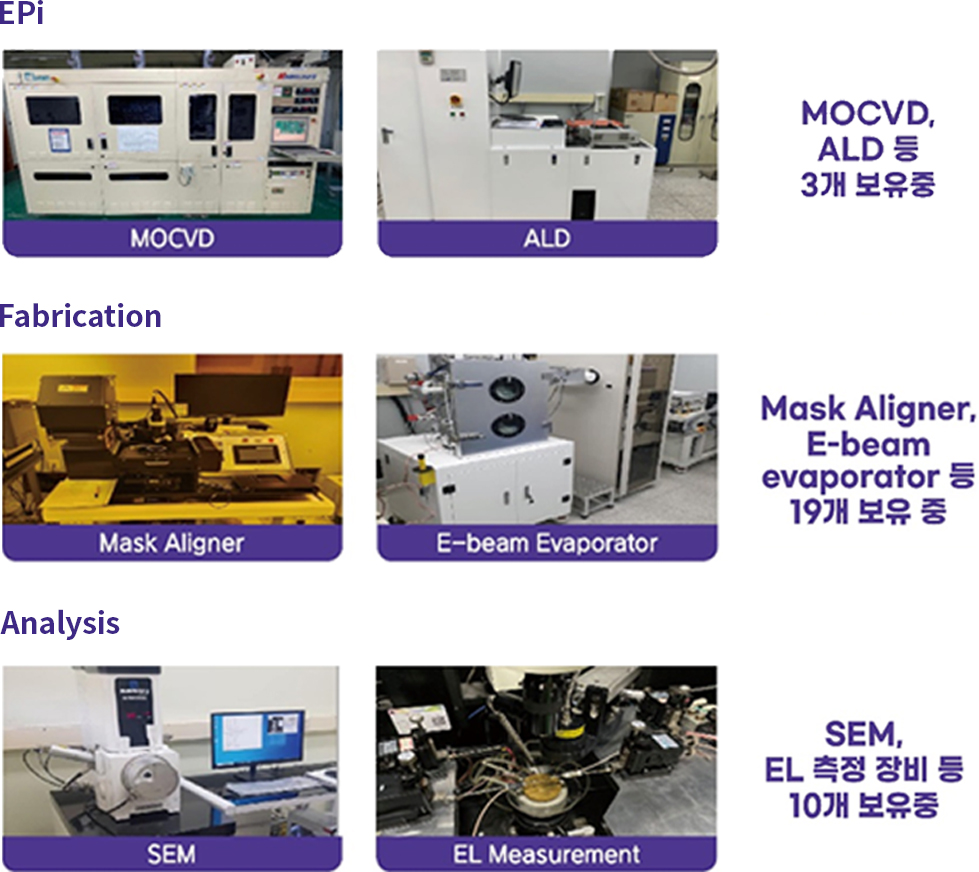
Radio Research Center for Next-Generation Mobile Radio Characterization (Next-Gen RRC)
For the development, application, and continuous advancement of 5G and 6G mobile communication technologies, it is essential to have new measurement methods and technologies that can accurately measure the radio characteristics of 5G and 6G devices and systems. This research center conducts research on probe-module arrays, novel radio measurement systems, and field application technologies for the development and verification of next-generation mobile communication technologies including 5G and 6G. Major research areas include ultra-wideband plane wave generator and calibration technologies, near-field measurement algorithms and system technologies, and multi-probe technologies. Through collaboration with domestic and international organizations and active international standardization activities, we aim to contribute to the advancement of future radio technologies and the nurturing of outstanding talents.
